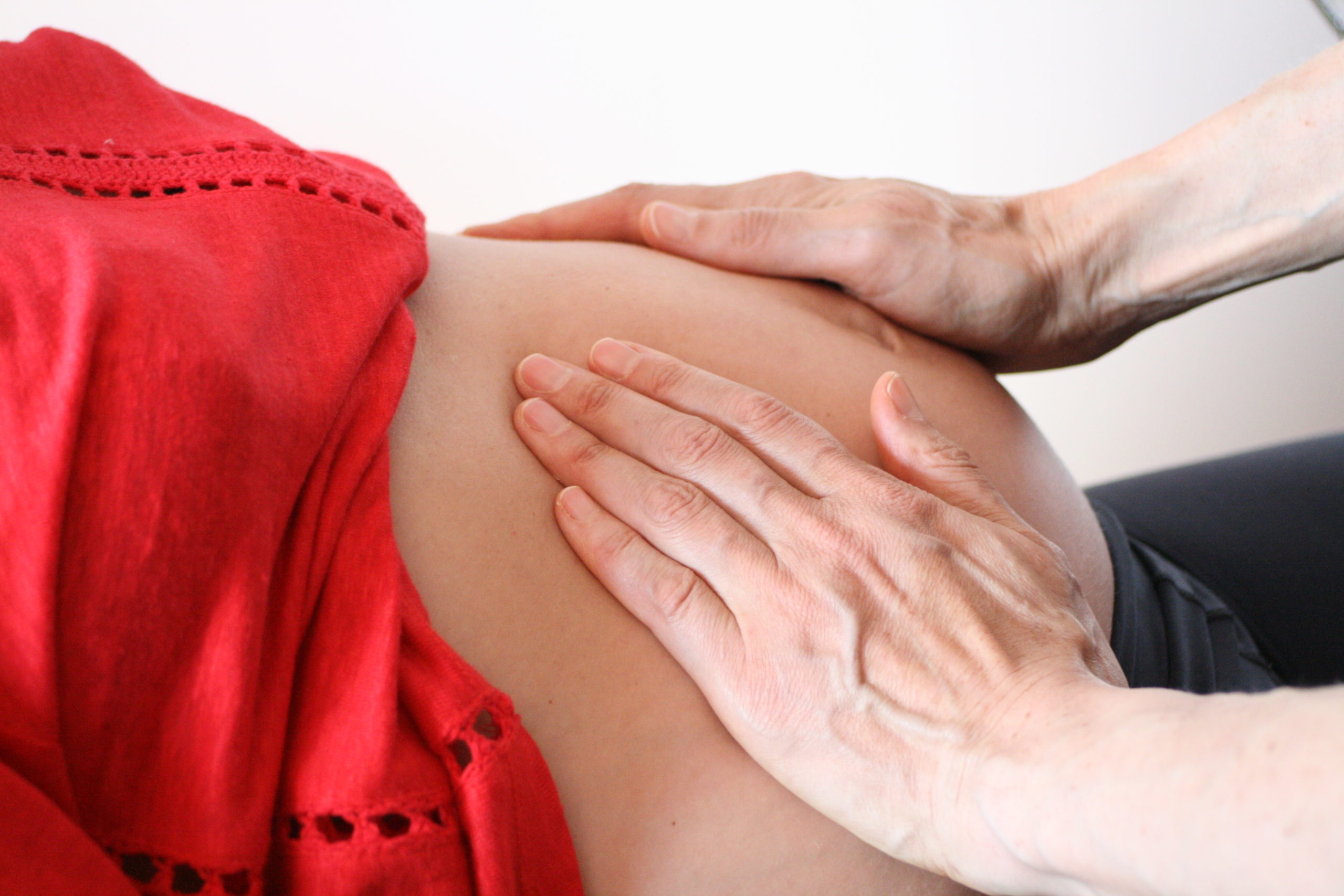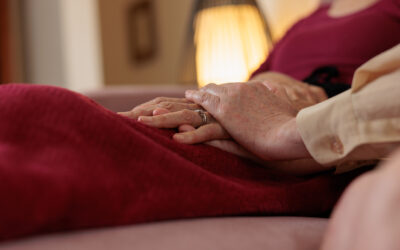To work within hospital guidelines, seek best practice, learn from every woman in our care, read up on conditions, understand mechanisms and ask questions when unsure is our gold standard of midwifery care for women. We work within frameworks to keep women, babies and midwives safe, well and protected. We research and inform our practice in any way we can with the utmost standards of precision of safety. This is all knowledge. A very important backbone of the work we do.
Then we have that feeling, that knowing, the caring part, like if I turn this syntocinon up too quickly in here it won’t go well so I’ll go up slower. Or at the start of our postnatal shift we know we just need to go into that room first even though logic defies it and indeed that baby was cold. Letting the day present what it presents rather than working to an anxious timeline, working with each woman as an individual and feeling what is required for her particularly, knowing something a bit more than what the books can tell you – real people, real time, real experience, every woman with her own way, this is wisdom… the sensing part of our job, the art of midwifery. We can sense when a woman is eight centimeters by the sounds she starts to make, by the show we can see, we can sense when a woman doesn’t feel comfortable with breastfeeding but is going along with it until she gets home, we know when something is going on between a couple, we see and feel a lot in our job.
Confirmation of our wisdom is so important in a system where knowledge is held as more. Both are needed. When working with just knowledge we narrow ourselves down to not be able to see the whole person element of our work, it can become a tick box exercise. Our innate wisdom has to walk equally beside our attained knowledge. It is then that we have a full experience of caring and it is so important to confirm the moments that this happens and appreciate the impact of bringing our wisdom with our knowledge.



